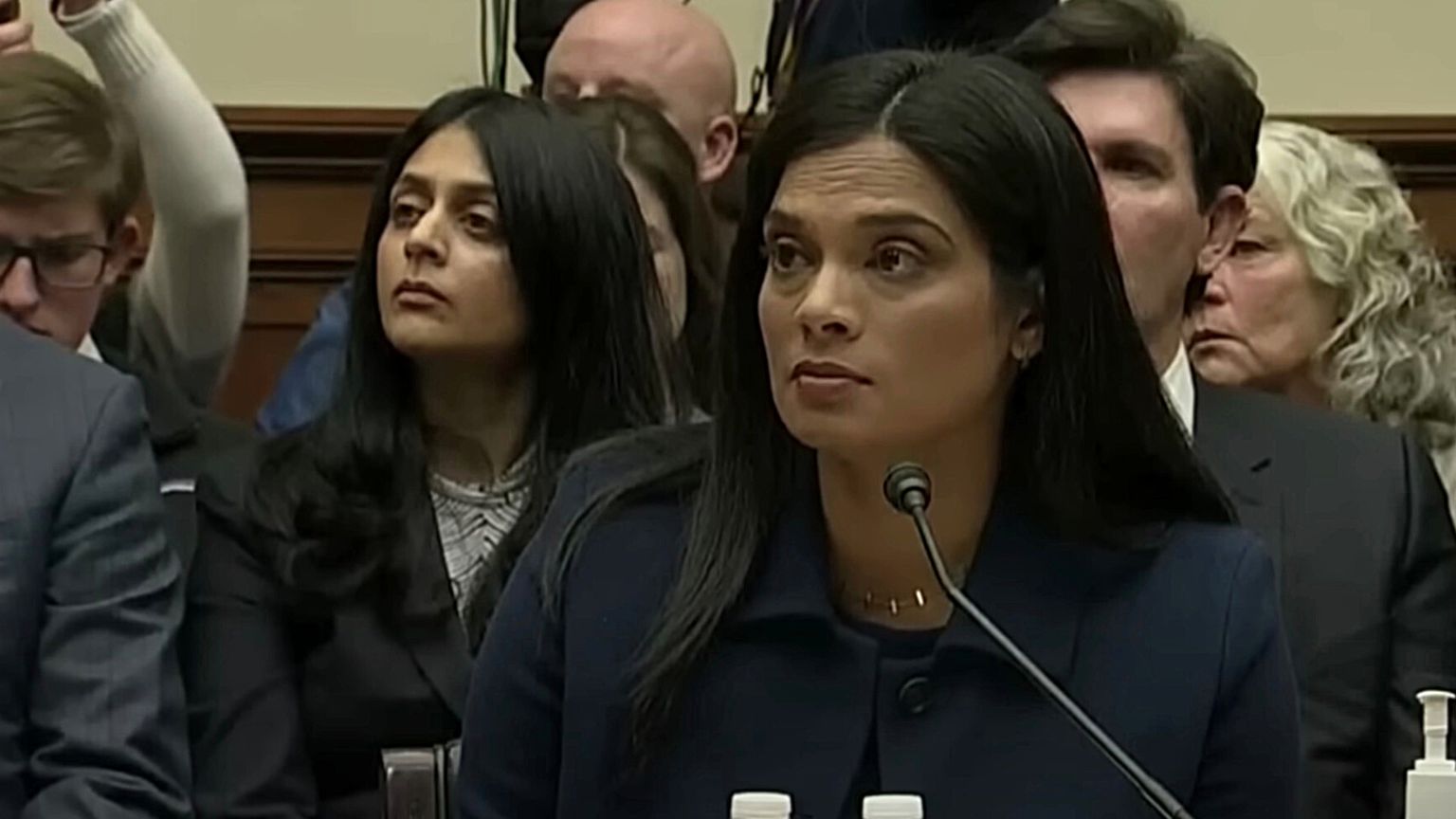As the spotlight continues to intensify on allegations of censorship by Big Tech, recently revealed emails from Vijaya Gadde, former Twitter executive and member of the Cybersecurity and Infrastructure Security Agency’s (CISA) Protecting Critical Infrastructure from Misinformation and Disinformation Subcommittee, have fueled concerns. The emails, disclosed by the Functional Government Initiative watchdog and obtained by the Washington Examiner suggest that Gadde had proposed collaboration with several entities, including the controversial Global Disinformation Index (GDI).
Critics, such as the Functional Government Initiative’s Pete McGinnis, contend that Gadde’s actions reflect a broader bias and censorship strategy, particularly as GDI has faced criticism for purportedly blacklisting certain media outlets. Notably, Gadde, who previously played a part in suppressing the Hunter Biden laptop story on Twitter, had presented GDI as a reliable source on COVID-19 issues.
The University of Washington’s Kate Starbird, another member of the subcommittee, has faced similar accusations of bias. Republicans have criticized her affiliation with the university’s Center for an Informed Public, which pledges to resist strategic misinformation. Despite these allegations, a university spokesman stated that the subcommittee had not cooperated with GDI and defended Starbird’s work.
The debate surrounding censorship and disinformation has only grown more intense, with CISA’s subcommittee facing allegations of selectively stifling select voices on the internet. The emails provide a window into the subcommittee’s interactions with third-party entities like GDI, as well as others such as the Atlantic Council’s Digital Forensic Research Lab and the Harvard Kennedy School’s Shorenstein Center on Media, Politics, and Public Policy.
Amid these unfolding dramas, officials and lawmakers continue to react. CISA’s subcommittee was disbanded following a June report from the House Judiciary Committee alleging it had been censoring Americans’ political speech. However, CISA maintained that it neither censors nor facilitates censorship, and its daily operations aim to reduce risk while respecting civil liberties.
Despite these claims, GOP members remain deeply concerned about alleged efforts to suppress conservative online speech under the Biden administration. The House Judiciary Committee continues its investigation into CISA, scrutinizing potential censorship and violation of statutory authority. The judicial branch has also stepped in, with a federal judge recently blocking administration officials from reaching out to social media companies to suppress content. This ruling, however, is currently contested by the government.













